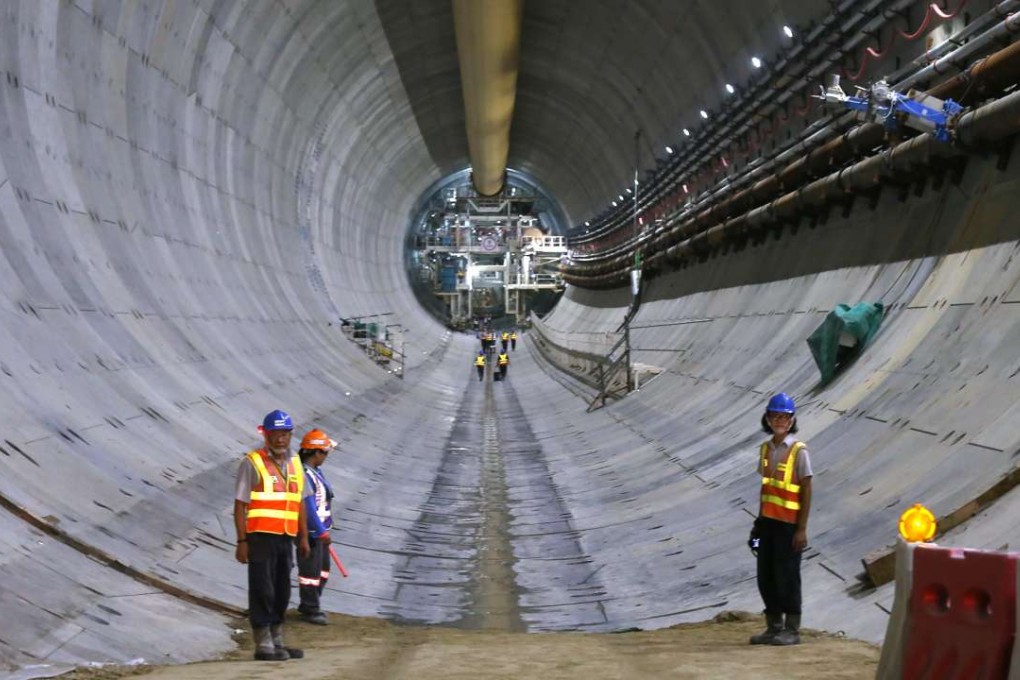Concrete Analysis | Hong Kong playing catch up on best practises in project management
While Hong Kong has delivered some outstanding infrastructure projects over the years, local best practise must evolve to deal with the ever-increasing cost of construction projects

As outlined in the 2016/2017 Budget, the Hong Kong government plans to spend more on infrastructure projects than on health, education, or social welfare. With infrastructure spending targeted at HK$85.6 billion (17.6 per cent of total government expenditure) and with this level of expenditure planned to continue for several years, the government must demonstrate that this money is being effectively and efficiently spent.
With these capital works projects, the launch of the government’s new Project Cost Management Office (PCMO), has been welcomed by many. Hong Kong has a strong history of delivering outstanding development projects. However in recent years local best practise has stagnated and Hong Kong is falling behind global industry standards. The crucial test for the PCMO is whether it will deliver significant savings and efficiencies in the coming years.
Value for money is a justified overriding principle of public sector procurement. However, the acceptance of the lowest tender often leads to future problems. To use a simple analogy, if you were to have open-heart surgery, would you want to choose the surgeon who offered the lowest price to do the job, or the one who was most experienced and offered the best chance of survival?
The lowest bid does not necessarily offer best value for money. If the contractor has essentially “bought” the job at below its true cost, there will be a focus on recovering costs either through claims to the employer, or by denying payments due to sub-contractors.
If the contractor has essentially ‘bought’ the job at below its true cost, there will be a focus on recovering costs either through claims to the employer, or by denying payments due to sub-contractors
In comparison, organisations such as MTRC have adopted more innovative tender processes to take greater account of the risk profile of the contractor’s bid and this results in selecting the contractor that offers greater certainty of delivery, which is not necessarily the cheapest tender price. This same approach should be investigated by the PCMO.
Recently the government has been using a method called Reference Class Forecasting to compare and estimate major project costs against global benchmarking databases of similar projects completed elsewhere. Whilst this is a welcome development, Hong Kong construction projects still typically rely on a single overall cost estimate. As such, these estimates do not adequately reflect the inherent uncertainty in estimating budgets for projects spanning many years.
